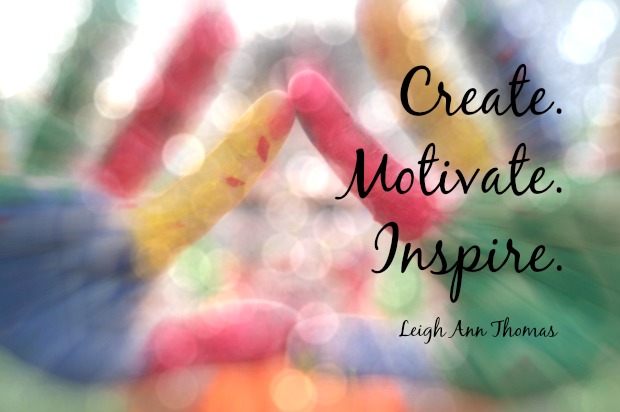
Writing with a Disability (Different Ability)
Rest and Relaxation
As I write this post, soldiers from a local Army base are departing for a time of R&R and…
December 29, 2023
As I write this post, soldiers from a local Army base are departing for a time of R&R and…
December 29, 2023
What do you do when you feel weary? Burned out? Uninspired and ready to give up? How do you…
April 8, 2021
It may seem counterintuitive, but we can actually improve our productivity by taking breaks. God invented the concept of…
November 8, 2018
We’ve submitted that article, devotion, or book proposal, and the feelings of euphoria have begun to fade. Questions ping…
February 23, 2017